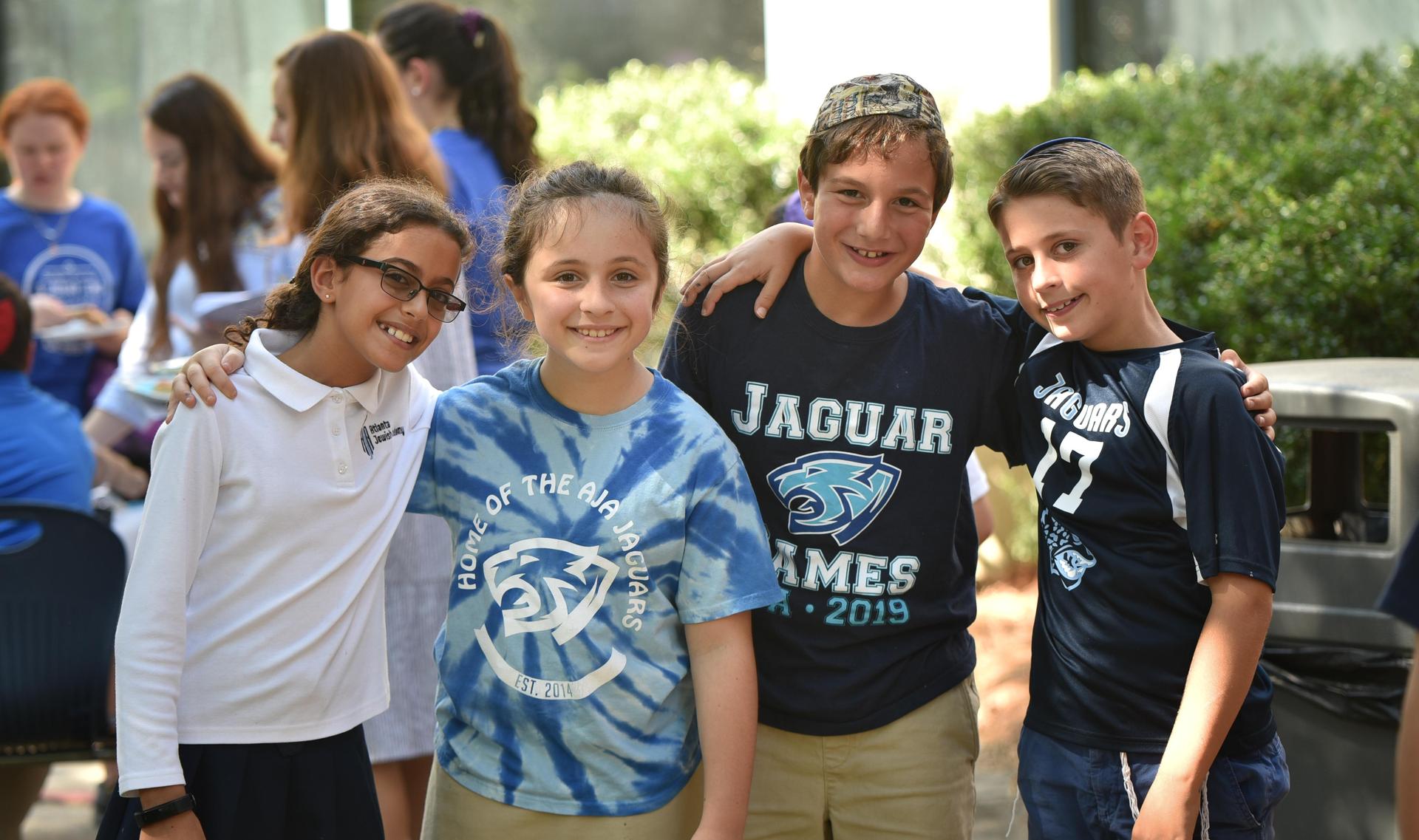By Carla Birnbaum, Federation Relational Engagement Manager
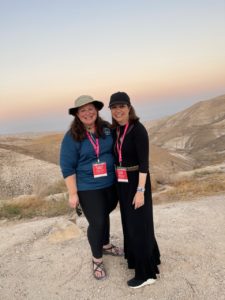 I recently traveled as the Federation representative on the Jewish Women’s Connection of Atlanta (JWCA) Momentum Trip, along with 40 other women. Our group was one of several representing 300 Jewish moms from the US and Israel. Thanks in part to generous funding from Federation, the Atlanta contingent was the largest and we even had our own bus.
I recently traveled as the Federation representative on the Jewish Women’s Connection of Atlanta (JWCA) Momentum Trip, along with 40 other women. Our group was one of several representing 300 Jewish moms from the US and Israel. Thanks in part to generous funding from Federation, the Atlanta contingent was the largest and we even had our own bus.
While you are on the bus, there is one strict rule — you must sit with someone new each time you board. Preferably someone you don’t know, or don’t know well, and it can’t be someone you’ve sat with previously.
As the bus became our home base, each woman had the opportunity to “take the mic” and share with the group. Sometimes it was something lighthearted about what’s going on at home (“You’ll never guess what my kids are eating for dinner tonight”). But more often we shared deep stories about our family history, growing up with Holocaust survivors, or meaningful lifecycle moments and memories.
Because of my role on the trip, our leaders, Julie Silverman and Batsheva Gelbtuch, encouraged me to take the mic early and often. These two women are beautiful souls. Their faith, dignity, and nurturing spirits give women space to grow. It is difficult for me to speak in front of large groups but on the afternoon of the second day, it was my turn.
I spoke about Yokneam and Megiddo, our Partnership cities in Israel and the programs we help support there. I spoke about Federation’s work within Atlanta and around the world, and our newest initiatives, including the one I lead, called Making Jewish Places. I spoke about my family and how I left corporate America to work in Jewish communal service, and my passion for working directly in the northern suburbs where I live.
Hillary
One day I sat next to Hillary, who has a dry sense of humor like mine, and we laughed so hard we cried. We talked about our families and the adventures in parenting teenage girls (mine) and adult children (hers). We live five minutes from each other in Atlanta, but it took going to Israel for us to connect.
Marci & Michelle
I sat next to Marci and Michelle on a hard day. My youngest daughter had called at 3:00 AM Atlanta time, upset because she wasn’t feeling well. Hannah had gotten her COVID vaccine the day before. At 11, Hannah is not a baby, but she is, of course, my baby. My very capable husband had things well under control, but it was hard to be away while she was sick. Marci and Michelle both checked in with me all day. We all knew Hannah would be fine, and she was, but they still found time in between climbing Masada, swimming in the Dead Sea, and riding a camel to check on me (and Hannah) that day.
Stacey
Stacey and I only sat next to each other for about ten minutes. Long enough for me to find out she’s always wanted to come on this trip, but she has a lot of professional commitments that would make it difficult. She said to me, “COVID made me realize that if I didn’t take the time for myself to do this now, I was going to miss out. So, I’m here.” It wasn’t until later that I found out that Stacey was a Judge and had to find not one but three people to fill in for her while she was away. Stacey and I also fell in love with the same Israeli Jewelry designer. And it’s a mitzvah to support the Israeli economy.
The Two Lisas
I sat with two Lisas. One celebrated her birthday on the trip. Lisa and I spent several days discussing the birds of Israel among other things – like her history in Atlanta (I think she knows everyone) and our families. The other Lisa sacrificed sleep to watch the Braves win the world series one of the first days we were there. At breakfast the next morning, she proudly wore her Braves shirt and hat and told us all the exciting news. She also patiently explained a thousand times why the Braves won the World Series, even though the teams are from the US and Canada only.
Israel Missed Us
I discovered that as much as Americans missed visiting Israel, Israel missed us! There were signs of welcome wherever we went, and people would stop us on the street to talk to us and talk about their families and friends in the States. And the places they visited when they traveled. And in the shuks and shops, and, of course, we did our best to support the Israeli economy. We also celebrated Rosh Chodesh and Sigd (an Ethiopian Jewish holiday), along with Shabbat in Jerusalem, and each of these holidays merits its own article.
“Family” in Israel
Shabbat in Jerusalem ends early, around 4:30. After a majestic havdalah (a ritual marking the end of Shabbat) at the Kotel, a group of us decided to walk over to Ben Yehuda Street. As we were walking, I heard a young man yelling my name. Now, remember I’m on a trip with a bunch of women. I turn around and it’s the 13-year-old son of a friend from Camp Ramah, who is studying to become a rabbi.
Again, I hear my name and this time it is a friend who made aliyah two years ago. She is happy to play tour guide and takes us through the shuk to the best stalls to get knafeh (a sweet pastry). As we are walking back toward the hotel, I’m explaining to the group that it’s common in Israel to run into people, and that I don’t actually know everyone in IsraeI.
I hear my name again. This time it’s a couple of our Atlanta gap year teens who were returning to Jerusalem from their home hospitality Shabbat experience. They joined the group and came with us to our hotel, and we all sat together talking in the lobby about their adventures and experiences (I also may have brought them Halloween candy and treats from home). We gave them all big mom hugs and well wishes from Atlanta, and a few of them came back the next night to visit again!
What It All Meant
In the end, here’s my big takeaway. We were all part of a shared community of women, all moms who are raising Jewish children. None of us are experts, and we learned and grew together. We opened a door when we started our journey, and have now returned more connected, more empowered, and ready to inspire others to jump on the bus and take a Jewish journey.
Learn more about Jewish Women’s Connection to Israel.
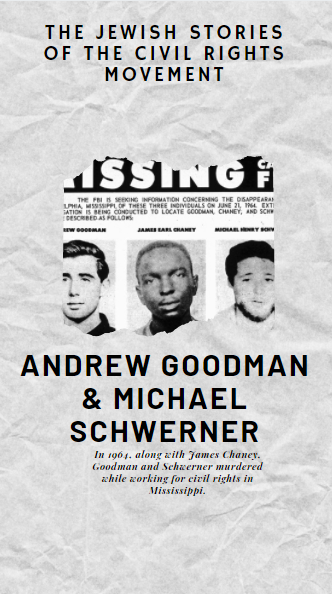
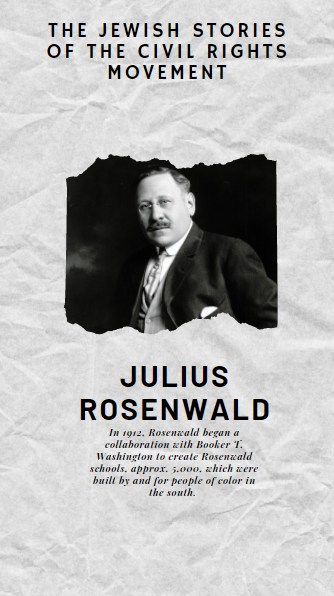
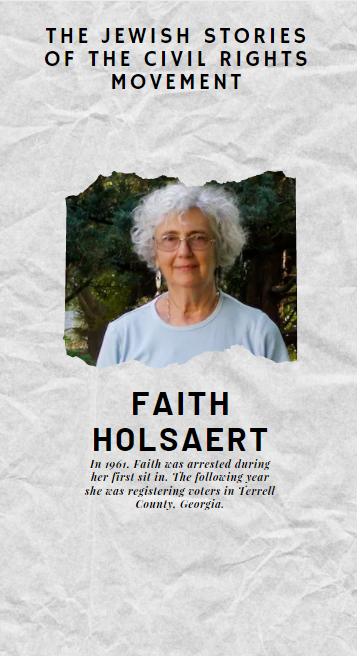
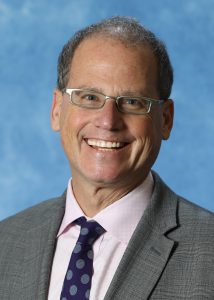
 I recently traveled as the Federation representative on the
I recently traveled as the Federation representative on the 



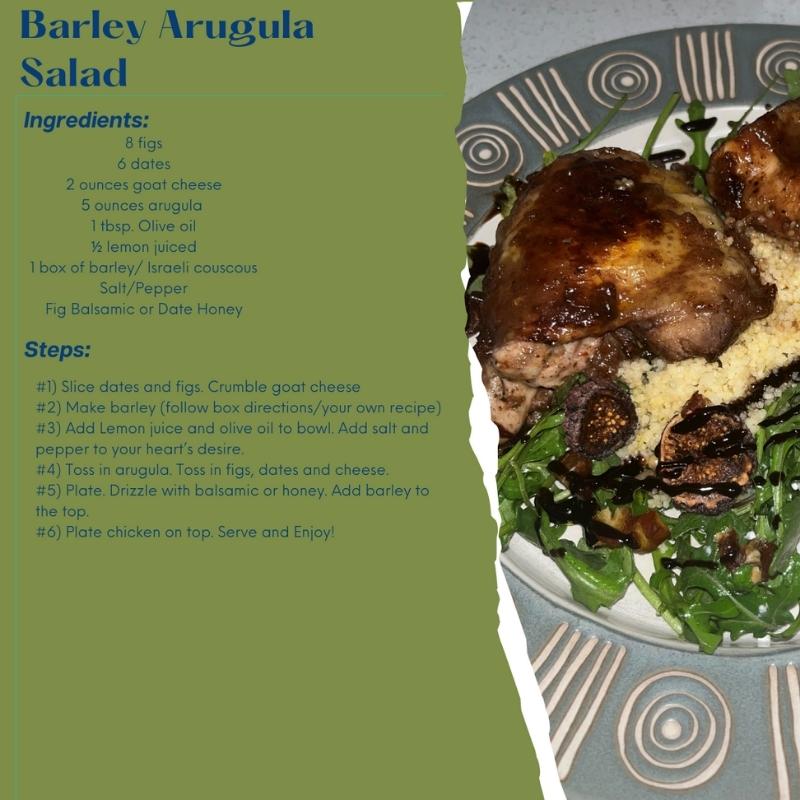
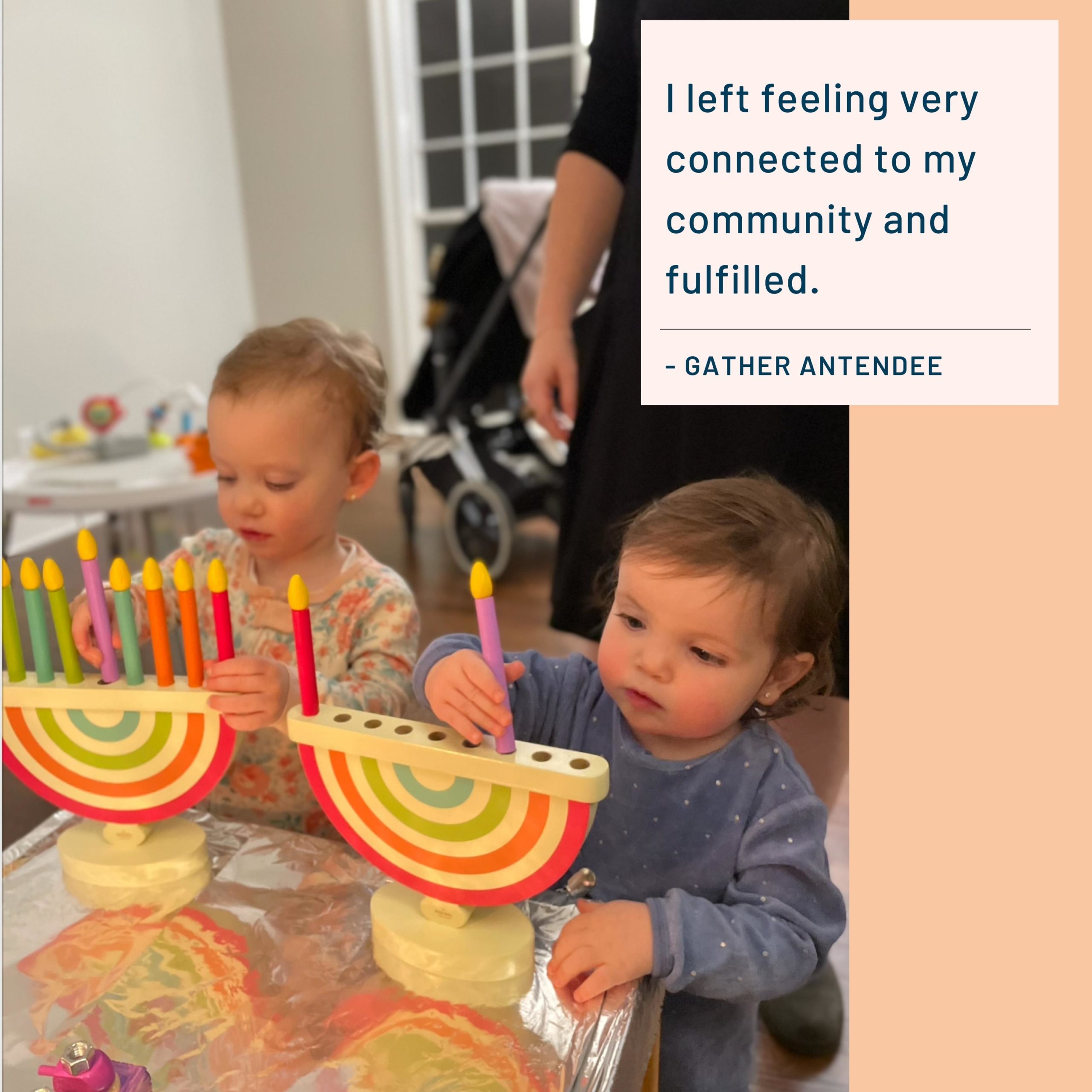
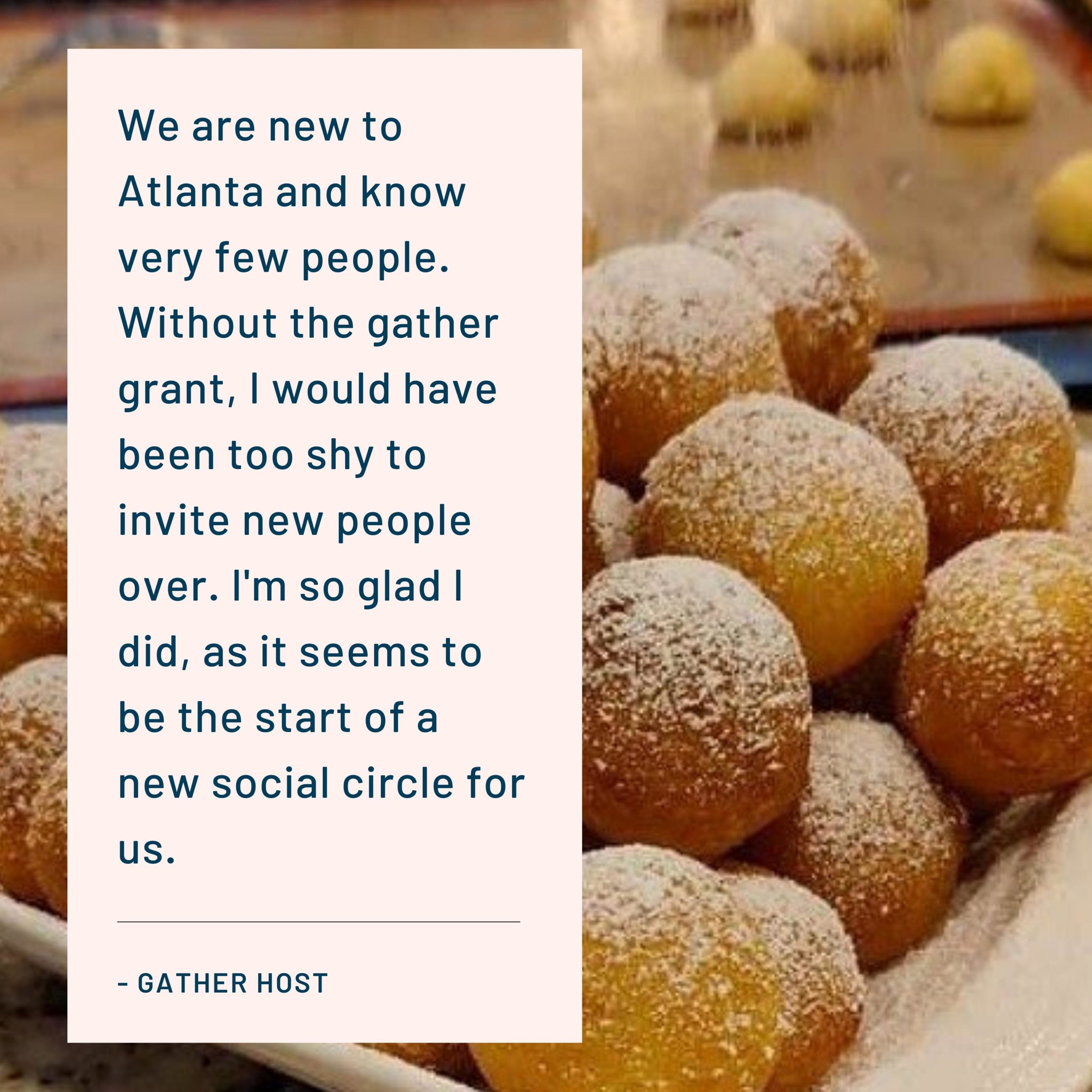
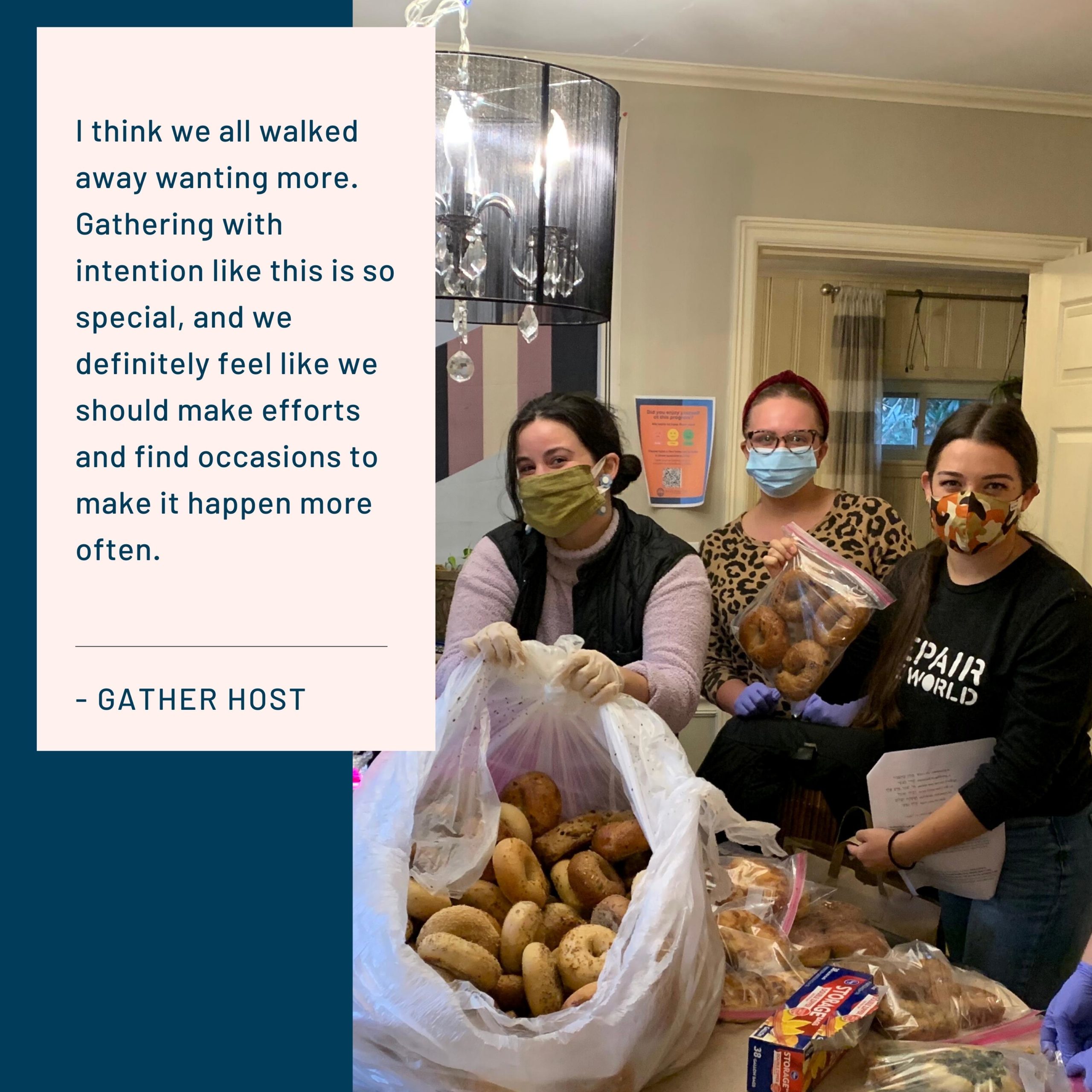
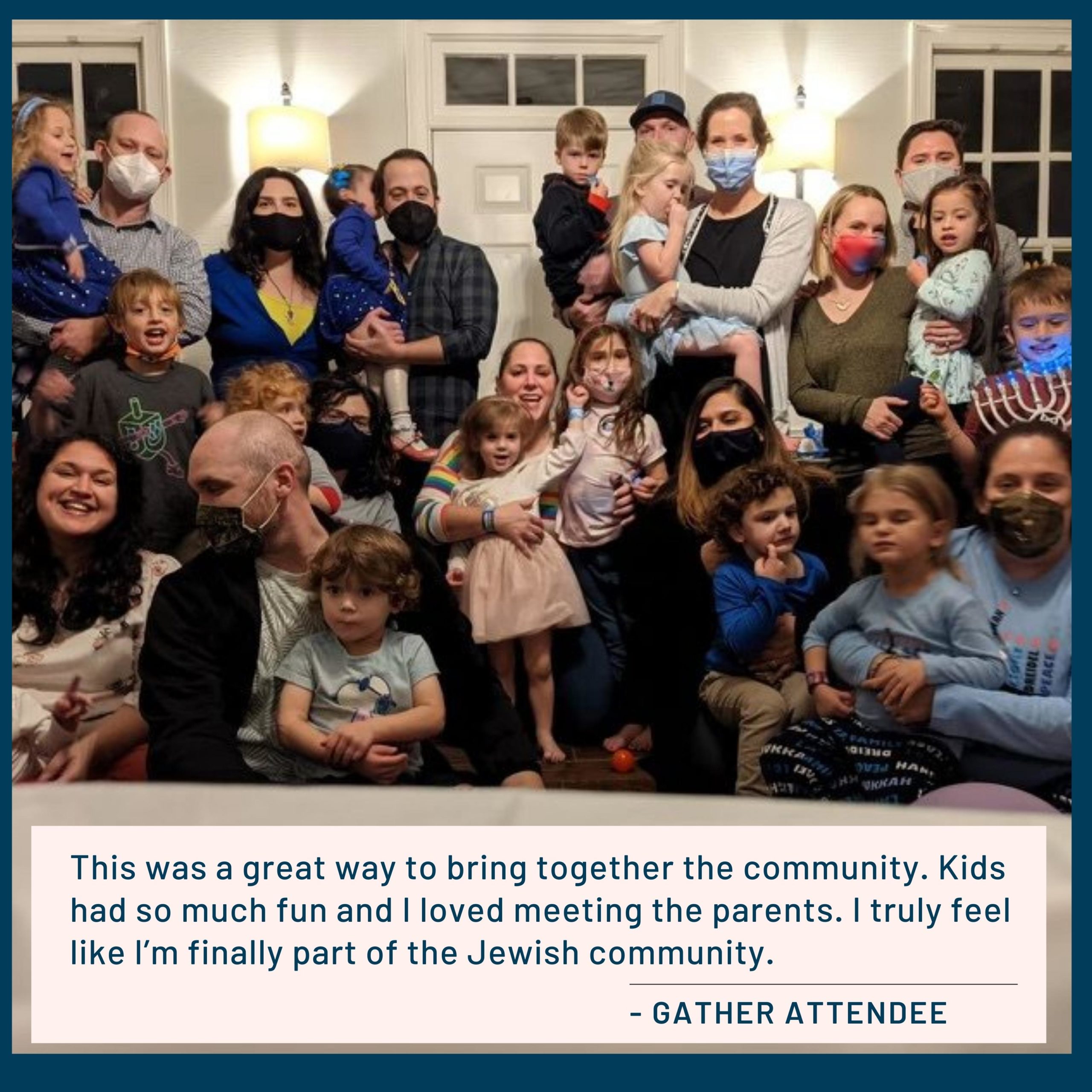
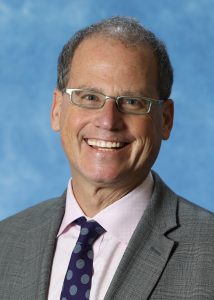 Here comes 2022! I love how the secular new year gives us a chance to revisit the resolutions we wrestled with at Rosh Hashanah. Now, nearly six months later, I am taking a gentle look back at my
Here comes 2022! I love how the secular new year gives us a chance to revisit the resolutions we wrestled with at Rosh Hashanah. Now, nearly six months later, I am taking a gentle look back at my 
 By: Nichole “Niki” Hetchkop, Founder of Beeline Bagels
By: Nichole “Niki” Hetchkop, Founder of Beeline Bagels